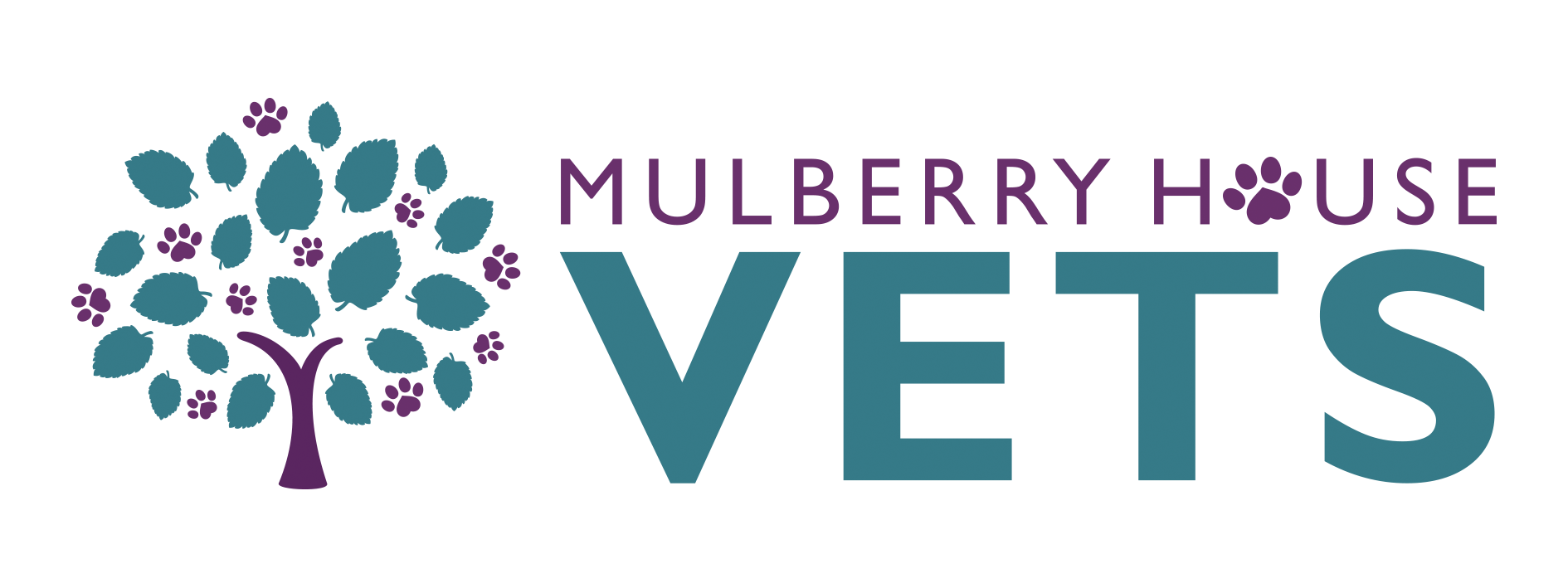Endoscopy
Endoscopy involves inserting a specialised light and camera into the body to produce magnified images on a television screen which allows superior visualisation and biopsy sampling with minimal pain or invasive surgery.
We have multiple types of endoscopes including:
Gastroscope
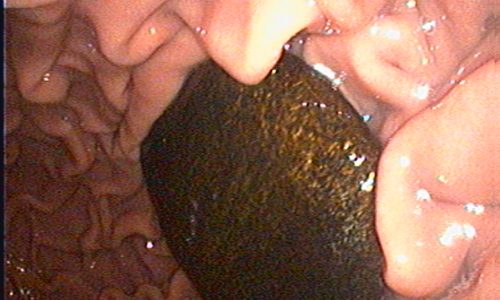
For stomach and intestines – we can often remove foreign objects that have been swallowed without the need for invasive surgery. We have removed many items from our patient’s stomachs including kebab sticks, socks, pants, stones, earrings, ribbon and corks! It also allows visualisation of the stomach lining for investigation of animals with ongoing vomiting.
Bronchoscope
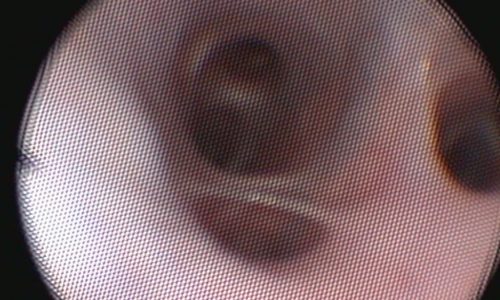
For the airways including throat and lungs. Removal of grass blades or investigation of respiratory disease including coughing and wheezing.
Otoscope
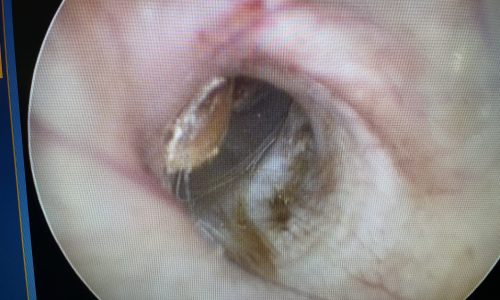
For looking inside ears to flush clean infections and remove grass seeds.
Rhinoscope
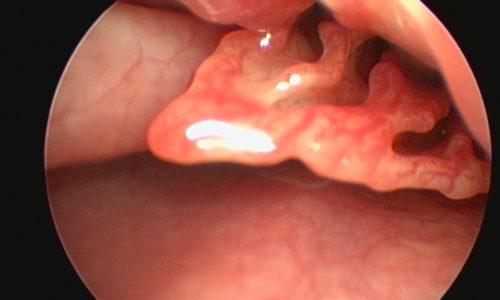
For the nose – excellent for removing foreign objects like grass seeds and investigating ongoing sneezing or nasal discharge.
Laparoscope
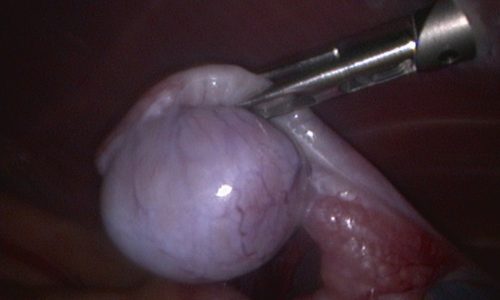
For the abdominal cavity. We can examine all the organs and perform biopsies and procedures like ovariectomy and cryptorchid castrate (when the testicle is stuck inside the abdomen).
Cystoscope
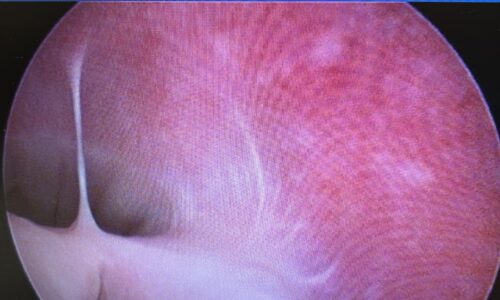
For the urinary bladder to check for abnormalities like ectopic ureters, abnormal growths and infection.
See our Keyhole surgery page for more information.




